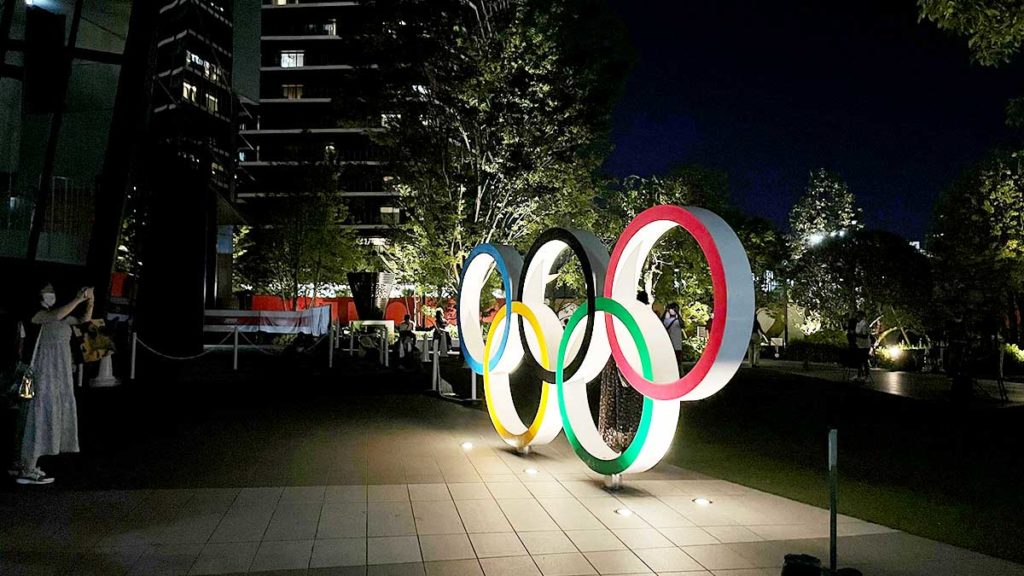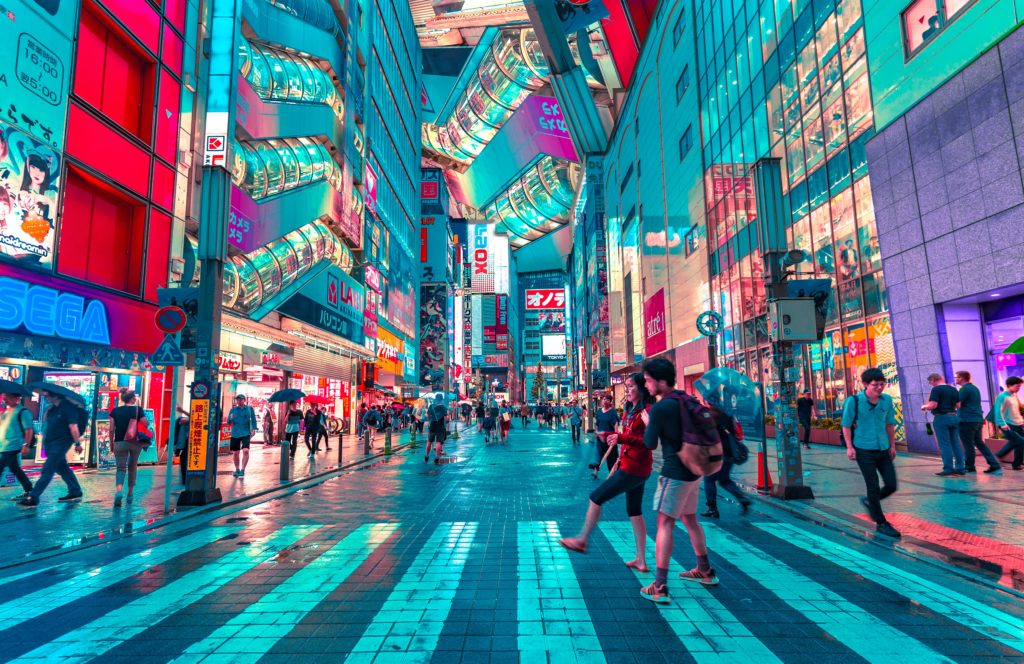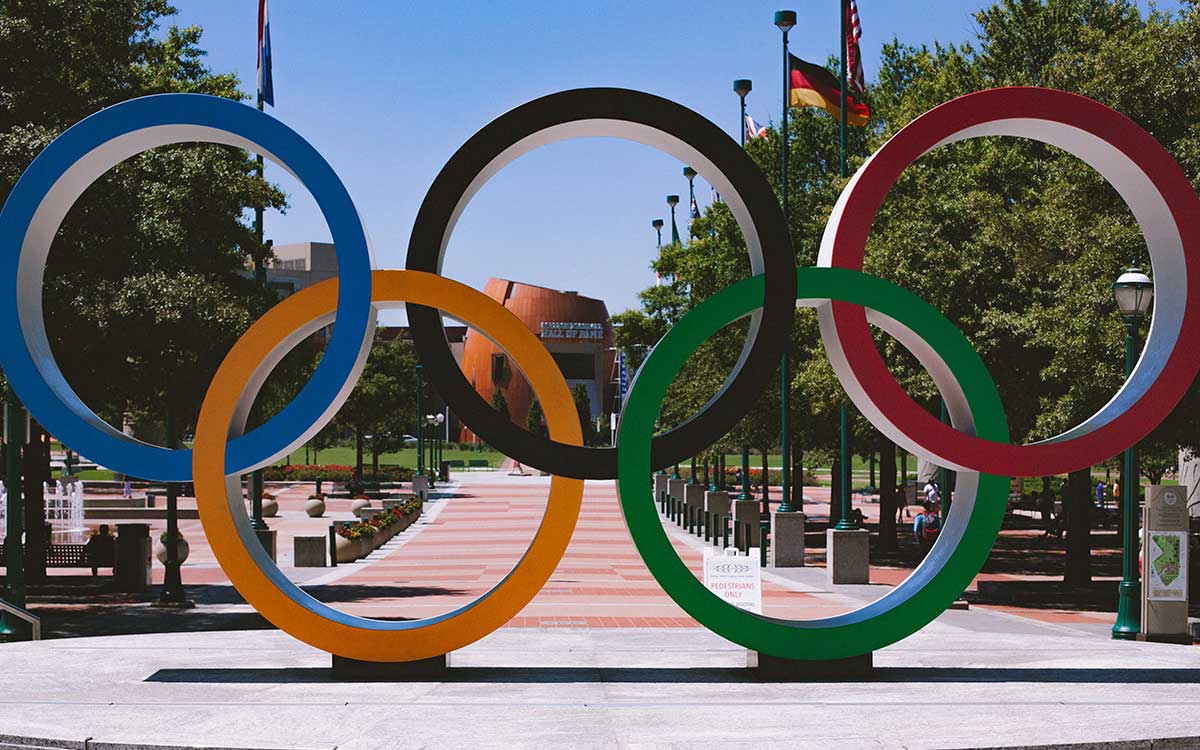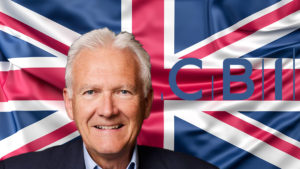Tokyo Olympics was a much waited event. Streetlights, bridges, and subway stations are all examples of public infrastructure. One statement, written in red and brown on a red and brown banner, has become part of Tokyo’s befuddling skyline. Two anime-inspired sculptures flank entry portals within municipal buildings, drawing emphasis to the identical words: “Tokyo 2020: United by passion.”
The highly-contentious, most-expensive, postponed 2020 Tokyo Olympics ended at August 2021 in Tokyo, but the people — for whom the Games were supposed to herald a new vision of the twenty-first century — were not unified by a single sentiment. Japan’s medal total – 58 medals, 27 of which are gold — is undoubtedly a source of pride for most Japanese. The Olympics, on the other hand, are never only about the games and sportsmanship.
Tokyo won the bid to host the Summer Olympics in 2020 only two years after the Great East Japan Earthquake of March 2011 and the nuclear crisis at the Fukushima Daiichi nuclear power plant.
The offer was part of the Japanese government’s plan to resurrect the economy, with direct financial losses from the catastrophe estimated at 16.9 trillion yen ($154 billion) in Japan. This was identical to almost seven decades earlier, when Tokyo held the 1964 Olympics, becoming the first Asian nation to hold the worldwide athletic event, in the wake of World War II destruction.

However, in the twenty-first century, genuine emotions take precedence over naive patriotic ones. The overall cost of the Tokyo Olympics and Paralympics was projected at 734 billion yen ($6.65 billion) during the bidding process. “There had recently been a major calamity.” Shouldn’t the government’s first priority have been to repair Japan’s devastated regions, rather than hosting a costly marketed athletic event?” Yuriko Hisamune, then 61, pondered the question in 2013.
“Don’t get me wrong: I like sports and have seen a number of the Olympic Games. They were, however, too costly, and we were footing the bill. The government constantly claims that there isn’t enough money for education and health care, so how come money is available to host the Olympics? Some people believed the Olympics would improve the economy, but Hisamune, who works at a university, disagreed.
The overall cost of holding the Olympics was $15.4 billion, which is only one of many reasons why Japanese people are divided about the Games. Some of the volunteers who elected to stay on after almost 10,000 others walked out due to health concerns a few months earlier were bored, while others appreciated being a part of the Games.
Ikuko Nagano, 59, was overjoyed when Japan Olympic Committee (JOC) chairperson Seiko Hashimoto paid a visit to Enoshima Island, near her home, and waved to volunteers, thanking them for their efforts, despite the fact that most of Nagano’s volunteer work consisted of watering flower plants near the seaside promenade and waving at athletes competing in the sailing competition. Most Japanese, on the other hand, just moaned at the Games’ endless list of scandals.
Following a backlash over his statements that women speak too much, the president of the Olympic organizing committee, 83-year-old Yoshiro Mori — also a former Japanese prime minister — was forced to retire in February 2021. Hiroshi Sasaki, the Tokyo Olympics’ executive creative director, was forced to leave after making derogatory comments about plus-size female artist Naomi Watanabe, suggesting that she may perform as a “Olympig” at the opening ceremony.
The composer for the opening ceremony, Keigo Oyamada, then resigned when it was discovered that he had harassed disabled pupils and bragged about it. Kentaro Kobayashi, the director of the opening ceremony, was sacked only a day before the Games after footage from the 1990s emerged showing him making Holocaust jokes.
All of these issues arose in the midst of the COVID-19 epidemic, which was still raging over Japan. Following the postponement of the Games last year, Japan’s Olympic Minister, Seiko Hashimoto, said that the Games will be conducted “at whatever cost” in 2021.
The inauguration ceremony of the new stadium, which has a seating capacity of 68,000, was attended by just 1,000 people since the JOC had barred spectators from most sites. Nearly 450,000 people had signed petitions calling for the Games to be scrapped, and most sponsors were pulling out.
The Asahi Shimbun, whose parent business is one of the Games’ sponsors, published an editorial criticizing the decision to keep the Games going. The CEO of Rakuten, Japan’s largest e-commerce firm, described the Games as “a suicide mission.” Despite this, the Games took place.
“It seems that the administration wants to hold the Games for the sake of self-promotion. It sought to keep its contract with the International Olympic Committee [IOC] intact. “However, there was no devotion to the people’s health, with very few inoculated,” said Takashi Kitano, a 23-year-old Tokyo resident who works at a co-working space that sprang up during the epidemic.
Hisamune also projected that at least 40% of the populace would have been completely vaccinated before the Games began; instead, only roughly 18% had been fully vaccinated before the Games began.
“While the Delta variation had already gained traction, the administration maintained that the Games would keep people at home. How could it have been feasible, given that individuals need to go to their normal jobs? We used to have some faith in our government; now I don’t because they aren’t thinking about the future and aren’t disclosing all information,” said 74-year-old Nobumi Hiramatsu.
People in Japan were already anxious before the outbreak that the Games would be held in the summer months of July and August. On July 25, I joined hundreds of sweaty women and men with phone cameras — and toddlers on their parents’ shoulders — on Tokyo’s wide Tohachidoro Avenue to get a glimpse of the women’s cycling championship, which began near my house in western Tokyo and ended in Musashinonomori Park.
The bikes whizzed by, everyone applauded, and we started to flee to cooler areas. I couldn’t believe the cyclists would ride 137 kilometers in the 90-degree heat. “Athletes should be able to perform at their best, but by any metric, these were not the finest circumstances for them,” Hisamune added.

Despite this, Hisamune unwillingly watched a few games on TV since that’s what most stations showed throughout the Games’ two weeks. She, like the rest of the world, was watching the women’s basketball contests as Japan won silver.
Hiramatsu felt the same way. “I was not expecting the Japanese women’s basketball team to do so well, particularly given they are roughly a foot shorter than their American counterparts!” But it was incredible to see them play; they were so quick and skilled! Throughout, they maintained a competitive score,” he remarked.
But it was Naomi Osaka’s matches that drew practically every Japanese person’s attention. She was expected to bring home a gold medal after lighting the Olympic flame during the opening ceremony. When she lost to Marketa Vondrousova of Czechia, however, social media in Japan started discussing whether she is genuinely Japanese.
“She is popular in Japan since no other Japanese tennis player has achieved such worldwide success.” We were unsure if she would represent Japan or the United States. “However, it is a sad truth that many do not like mixed-blood persons, particularly when one parent is Black,” said Hiramatsu, who has traveled extensively.
Yuki, a 16-year-old high school student who is politically informed, says that although her generation looks up to Osaka, many older people aren’t pleased that the famous athlete isn’t proficient in Japanese.
Kitano, on the other hand, feels that biracial or multiracial Japanese athletes are being accepted more widely, and he explains this to an unexpected element. Japan hosted the Rugby World Cup in 2019, and the Japanese squad included multiracial Japanese natives as well as overseas inhabitants of the country. “The rugby matches were more inclusive; it allowed people to embrace ethnic variety.”
Japan even defeated Ireland in one of the early matches, which is encouraging given Ireland’s strength,” Kitano remarked. News outlets, on the other hand, paid little attention to the victories of other multiracial Japanese athletes who excelled in the Olympics. While Kitano and his parents watched portions of the games at night, Yuki, a high school student, hoped she could talk about the Games‘ politics with her friends as much as she did with her family.
“Most of the time, my buddies and I talk about pop singers and attractive actors. But they don’t want to speak about social problems since they’ve already addressed them at school, and they grow bored,” she remarked, recalling the rainbow hues shown during the closing ceremony fireworks with delight.
She mentioned singer-songwriter Misia, who sung Japan’s national anthem at the opening ceremony while wearing an extraordinary gown with rainbow hues, over a dish of watermelon and adzuki (red bean) cakes.
Hisamune has witnessed a number of people at her institution publicly declare their non-binary sexuality, and she was amused by photographs of British diver Tom Daley knitting during the extended periods between dives.
She said, “We don’t even see ladies crocheting during the Olympics!” Hiramatsu, on the other side, believes that a person’s sexuality is a private issue, and that the media should instead concentrate on an athlete’s sport. He told a tale about how he had to prepare papers for a male who had transitioned to a woman while he worked in human resources at Mitsubishi Heavy Industries approximately 15 years ago.
He’d previously heard a tale about a Shinto priest who declared that a guy loving another man was even more powerful since he was going beyond what was considered normal. “Maybe the world is becoming more open-minded now that there are so many transgender athletes in the Olympics,” the septuagenarian speculated. According to Kitano, mental health is an area where Japan is still not as open-minded.
People in Japan feel it is OK for athletes such as Naomi Osaka and American gymnast Simone Biles to take mental health breaks, but they are uncomfortable revealing their own mental health difficulties or asking for time off from work, he added. “Asking for a break would be seen as weak,” he said. Yuki thought it was inspiring that so many athletes were speaking out against racism throughout the Olympics.
“I was taken aback when female soccer players took a knee in support of the Black Lives Matter movement, despite the IOC’s prohibition on political remarks.” Athletes, on the other hand, have a worldwide platform.”
The fact that Japan’s Ryo Kiyuna won the gold medal in karate in its first ever Olympic participation was a momentous event for the southern Japanese prefecture of Okinawa and its indigenous people. “Kiyuna hoisting Japan’s national flag at the closing ceremony was a unique moment for Okinawa, which is still oppressed by the Japanese government due to the US military occupation of its country.”
In Japan, Okinawans have traditionally been underrepresented. But today, thanks to the soft ground of sports, they have a chance to compete on an equal footing with mainland Japanese people,” Kitano added.
Yuki was taken aback by the number of “thank you” notes sent towards volunteers and Olympic personnel at the closing ceremony and following news coverage as the Games came to a close. “However, it makes sense since Tokyo held the Games amid a pandemic, which makes it historically significant.”
“Let’s hope the IOC considers the messages put forth by athletes,” Hisamune said, rather than being hopeful. The Olympics seek to embrace diversity, but the rest of the world, including Japan, has yet to catch up.”








